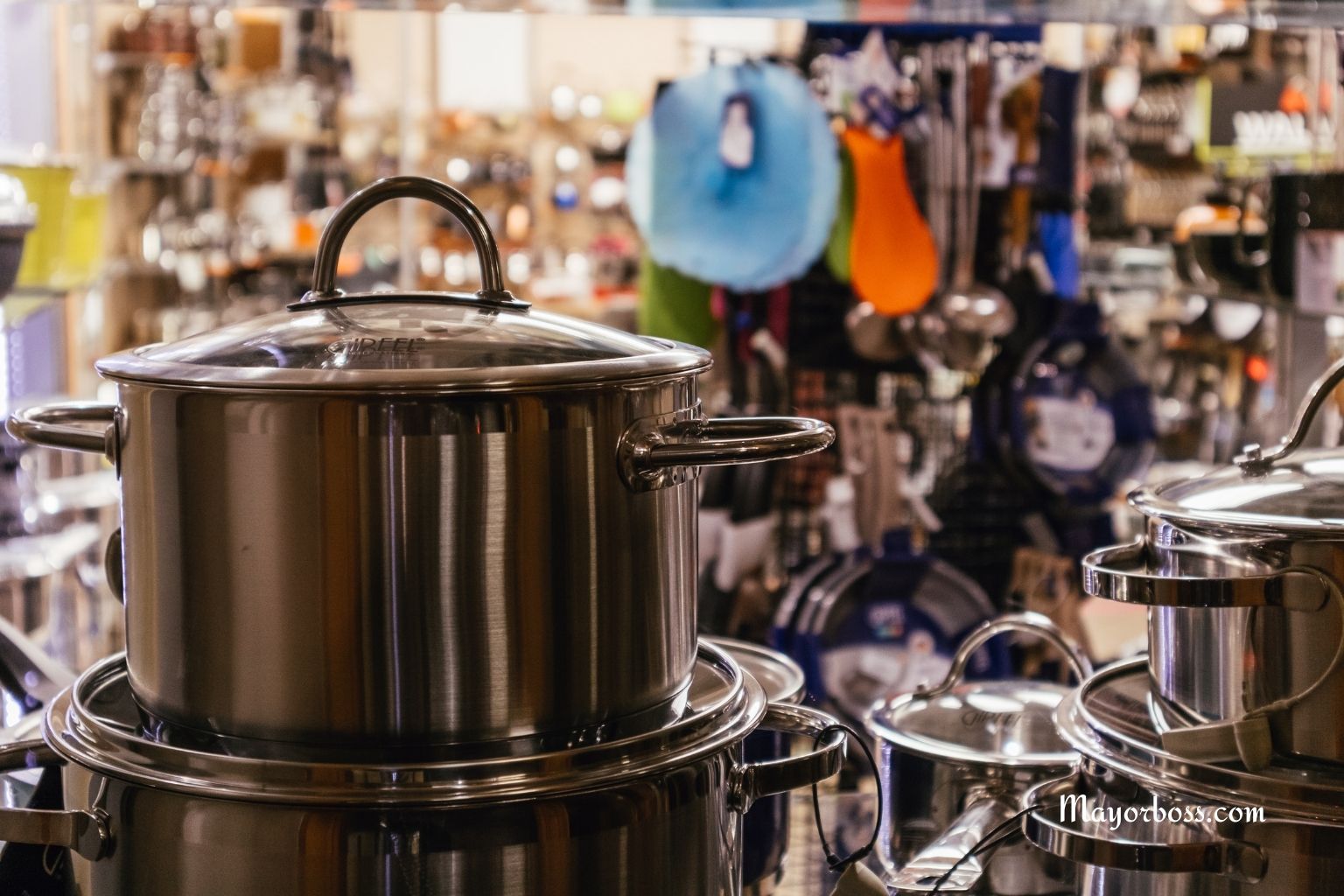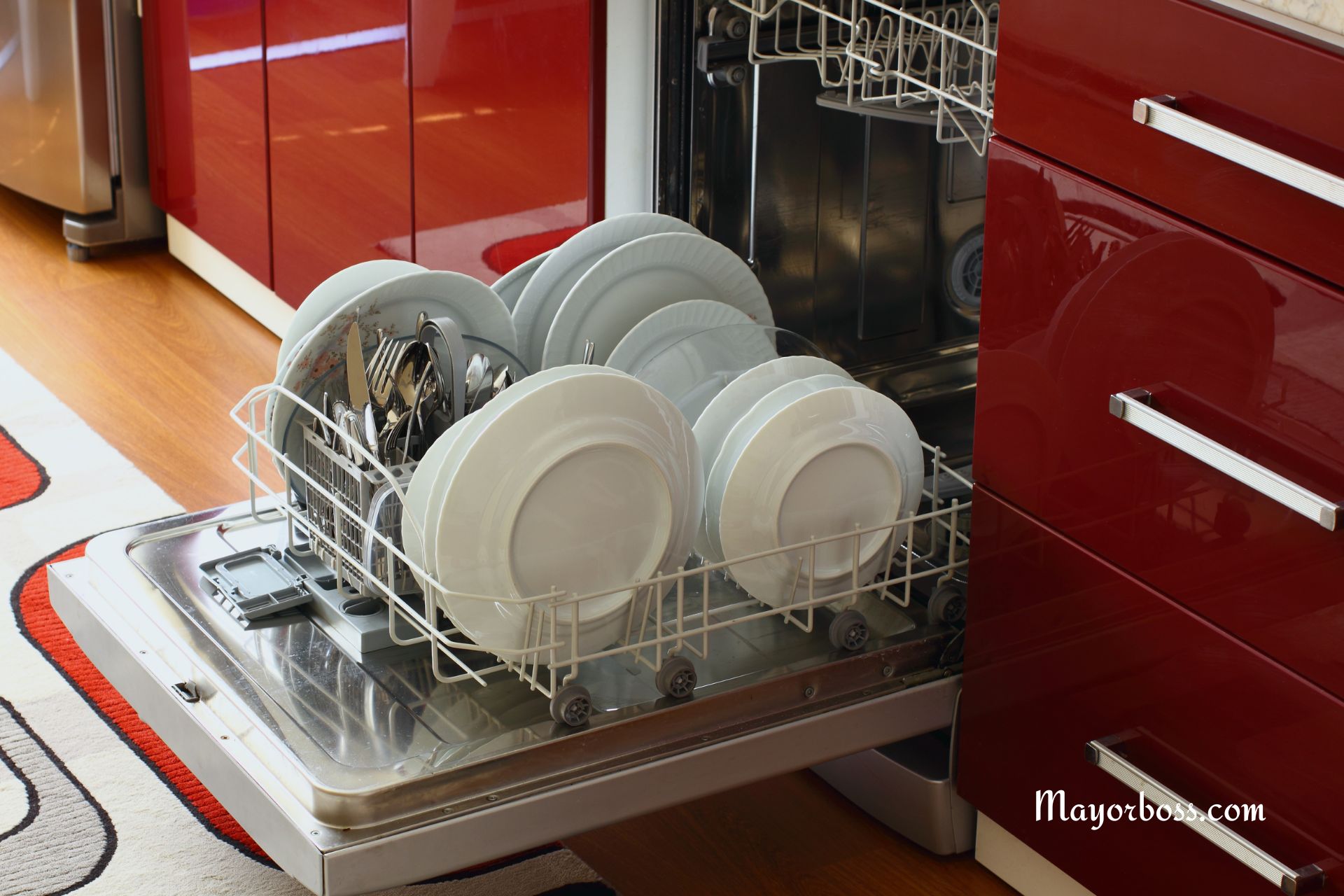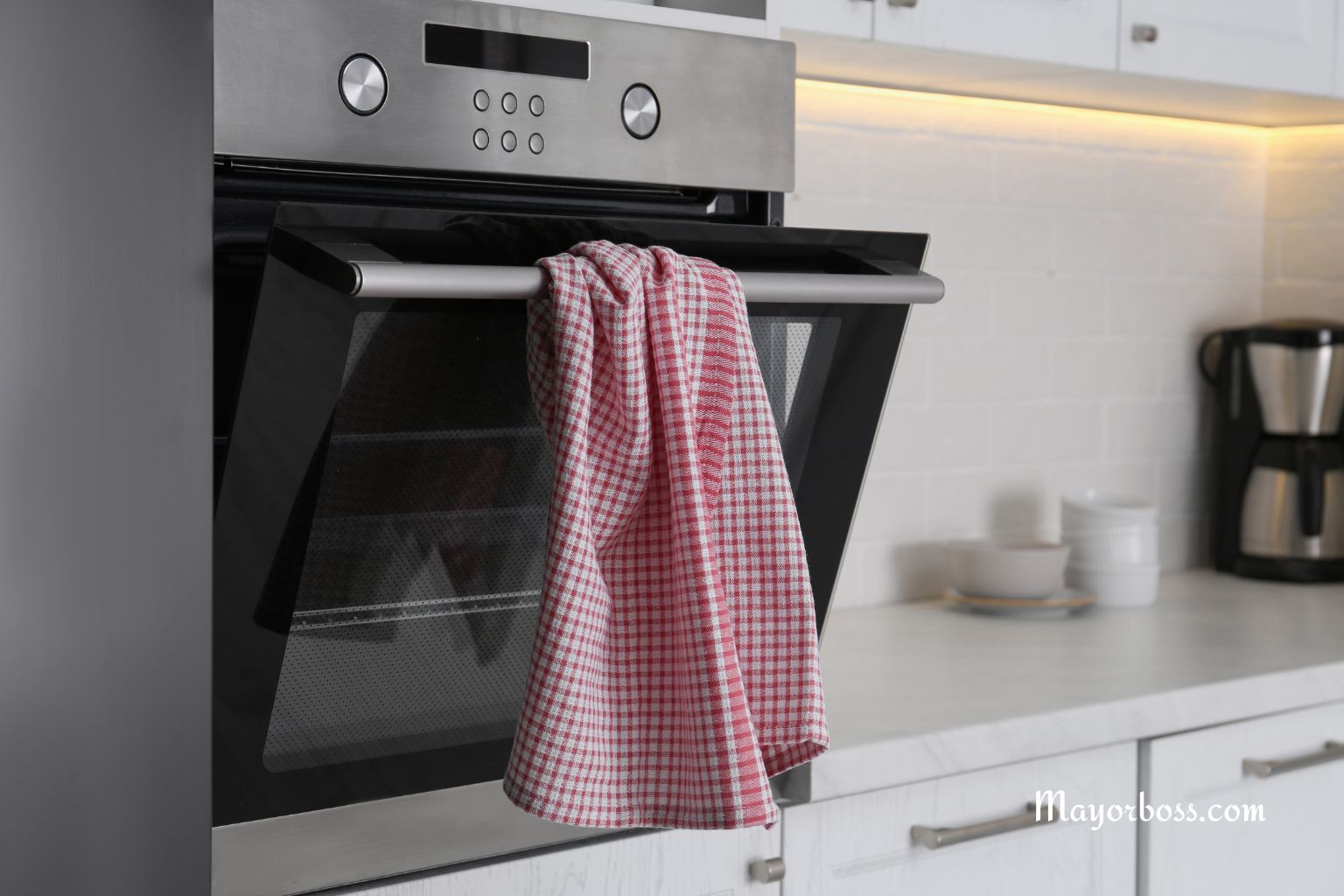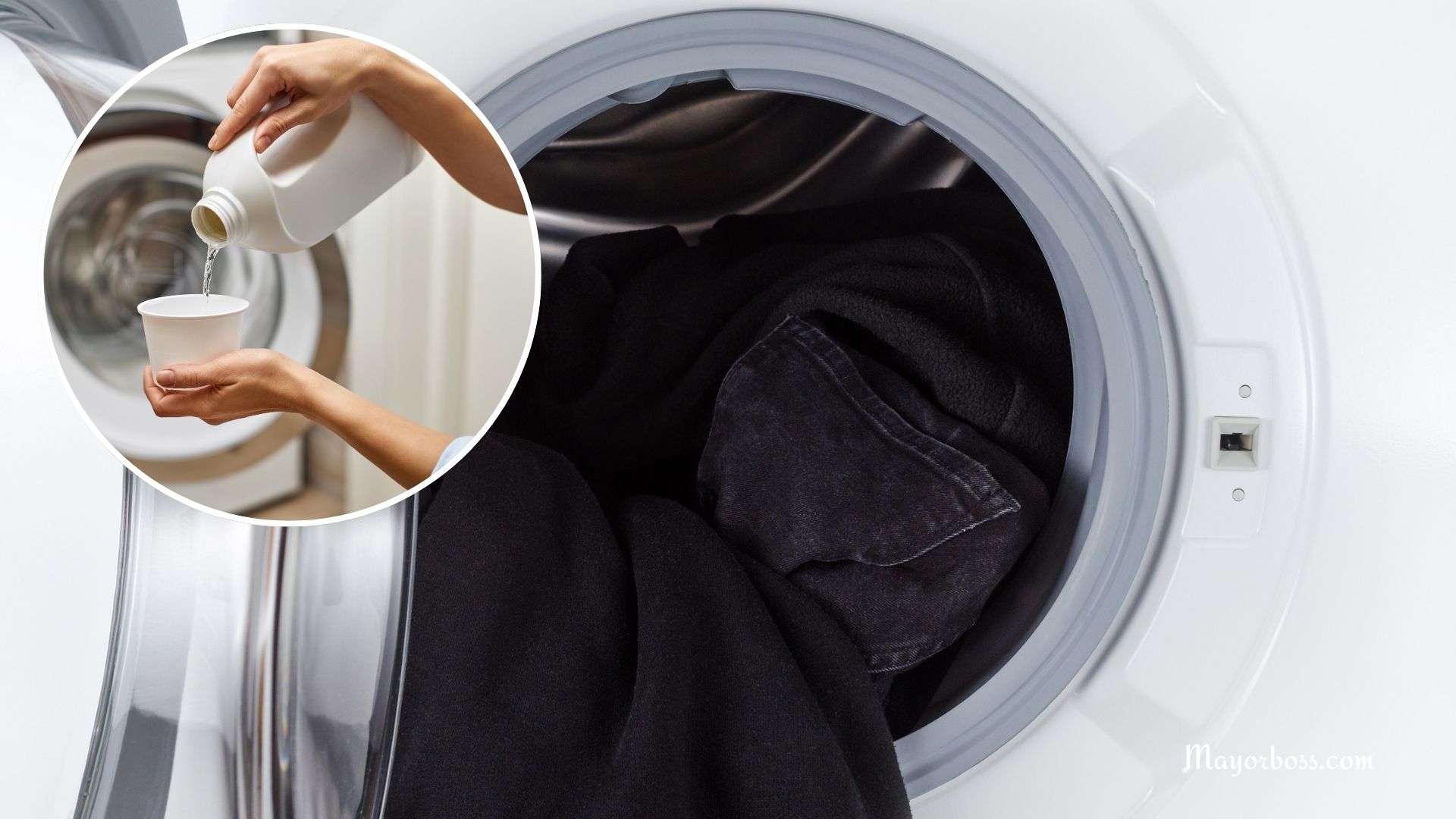7 Household Appliances You Don’t Need to Unplug After Every Use
You don’t need to unplug large household appliances like your refrigerator, freezer, oven, dishwasher, washing machine, dryer, and microwave after every use. These appliances are designed to stay plugged in safely, while smaller items such as toasters, irons, and coffee makers should be unplugged when not in use.
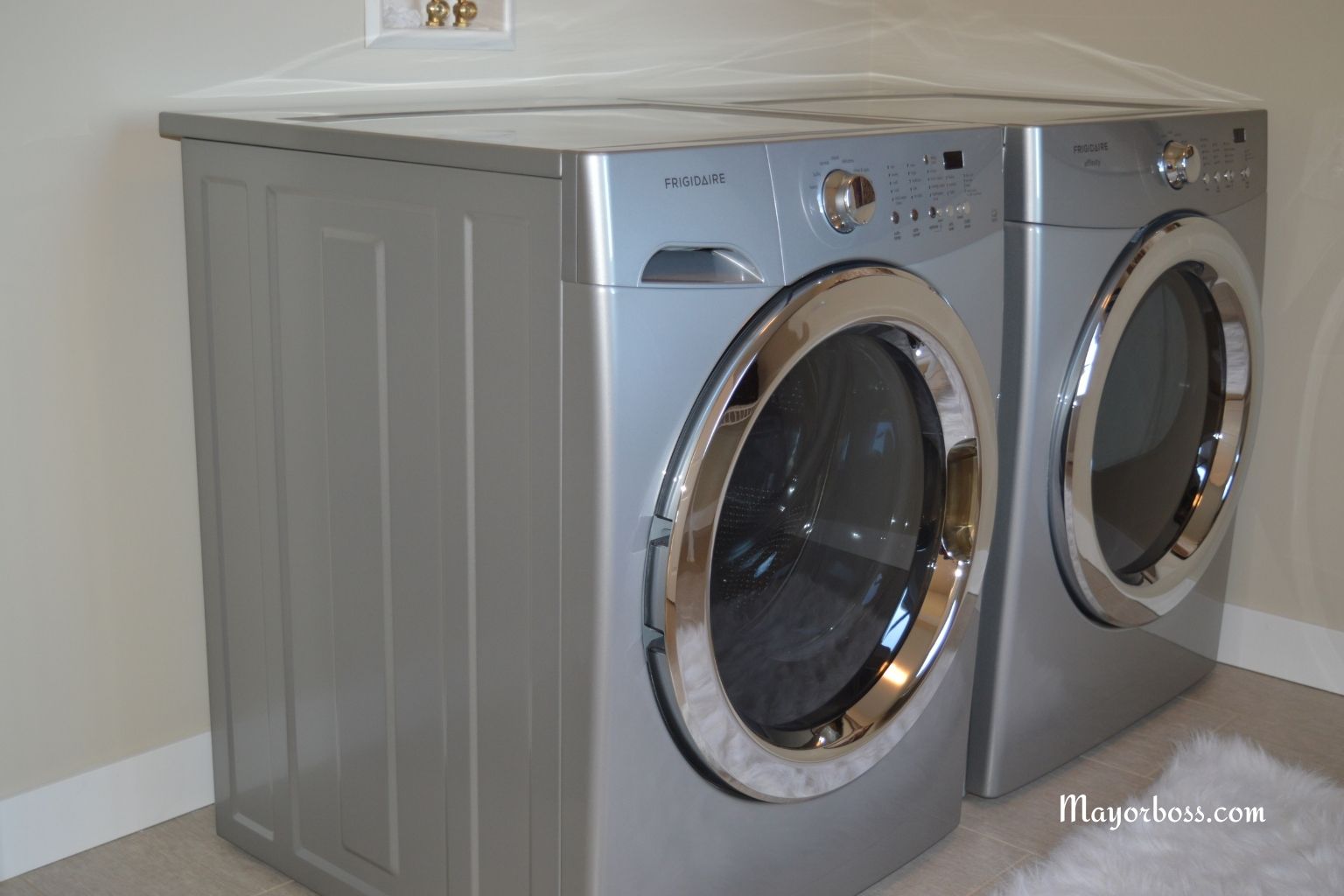
If you have ever been told to unplug every appliance after using it, you may have wondered if that advice still makes sense. The idea usually comes from concerns about saving electricity and preventing fire hazards. While unplugging some items is smart, not every household appliance needs to be pulled out of the socket each time you use it.
In fact, for larger appliances, unplugging them daily is not only unnecessary but also inconvenient. Some are designed to stay connected to power at all times for safety, efficiency, and performance. According to an electrical expert, knowing which appliances are safe to leave plugged in can save you both time and worry.
Read ahead to learn how to use some common appliances you don’t need to unplug after every use—and why.
1. Refrigerator
Your refrigerator is one of the most important appliances in your home. It works nonstop to keep food fresh and safe to eat. Unplugging it after every use is simply not an option. Without power, the temperature inside rises quickly, which allows bacteria to grow.
Modern refrigerators are built to be energy-efficient. They cycle on and off as needed, using only as much electricity as required to maintain a safe temperature. So, while leaving it plugged in does consume power, it is both necessary and safe.
2. Freezer
Just like your refrigerator, your freezer must stay plugged in all the time. Frozen food begins to thaw quickly once the power is cut. If it melts and is then refrozen, it can become unsafe to eat.
Many freezers also rely on a consistent electrical supply to maintain proper internal function. For this reason, unplugging after each use isn’t just inconvenient—it risks food waste and potential food poisoning.
3. Oven and Stove
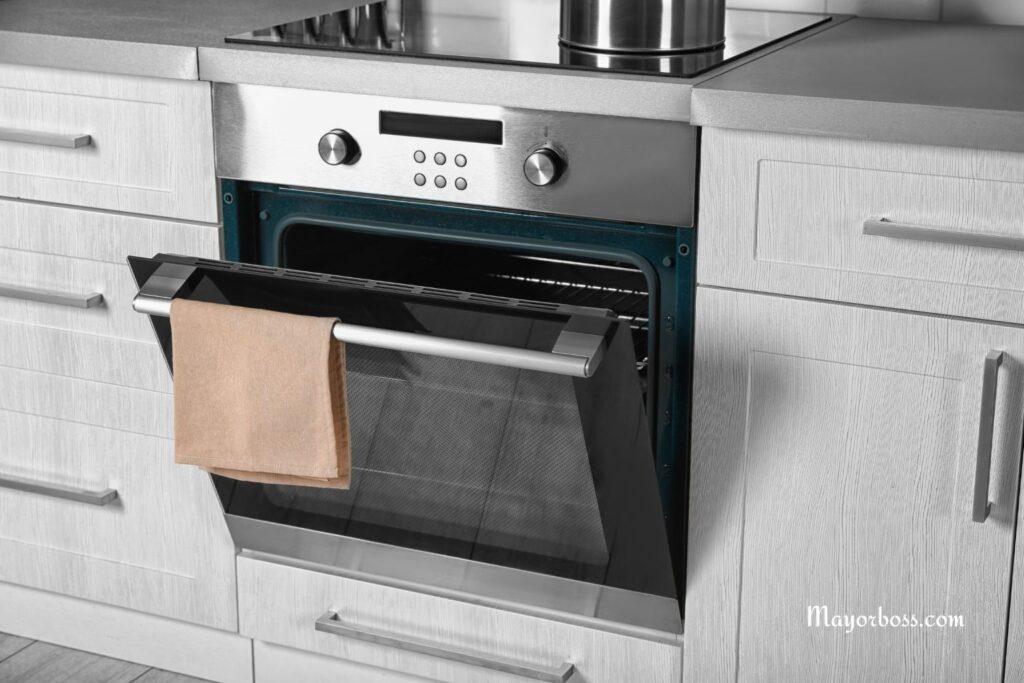
Most ovens and stoves, especially modern electric models, are meant to remain plugged in. Many include features like digital clocks, timers, and self-cleaning settings that need continuous power.
Unplugging after every use could cause unnecessary wear on the outlet or cord. As long as your oven is properly installed and in good condition, leaving it plugged in is safe.
4. Dishwasher
Dishwashers are usually hardwired into the wall or plugged into outlets hidden behind cabinetry. They are not designed for frequent unplugging. In fact, regularly disconnecting and reconnecting the power can create stress on the wiring.
The best way to ensure dishwasher safety is to keep the unit well-maintained. Clean the filter, check for leaks, and have the wiring inspected if you ever notice unusual performance. But there’s no need to unplug it after each wash cycle.
5. Washing Machine
Your washing machine can safely remain plugged in. It only draws electricity while running or when on standby. The main safety risk with a washing machine is not electricity but water leaks.
As long as the outlet is dry and in good condition, you don’t need to unplug it after every use. Instead, focus on regular maintenance—clean the drum, check the hoses, and ensure proper drainage.
6. Dryer
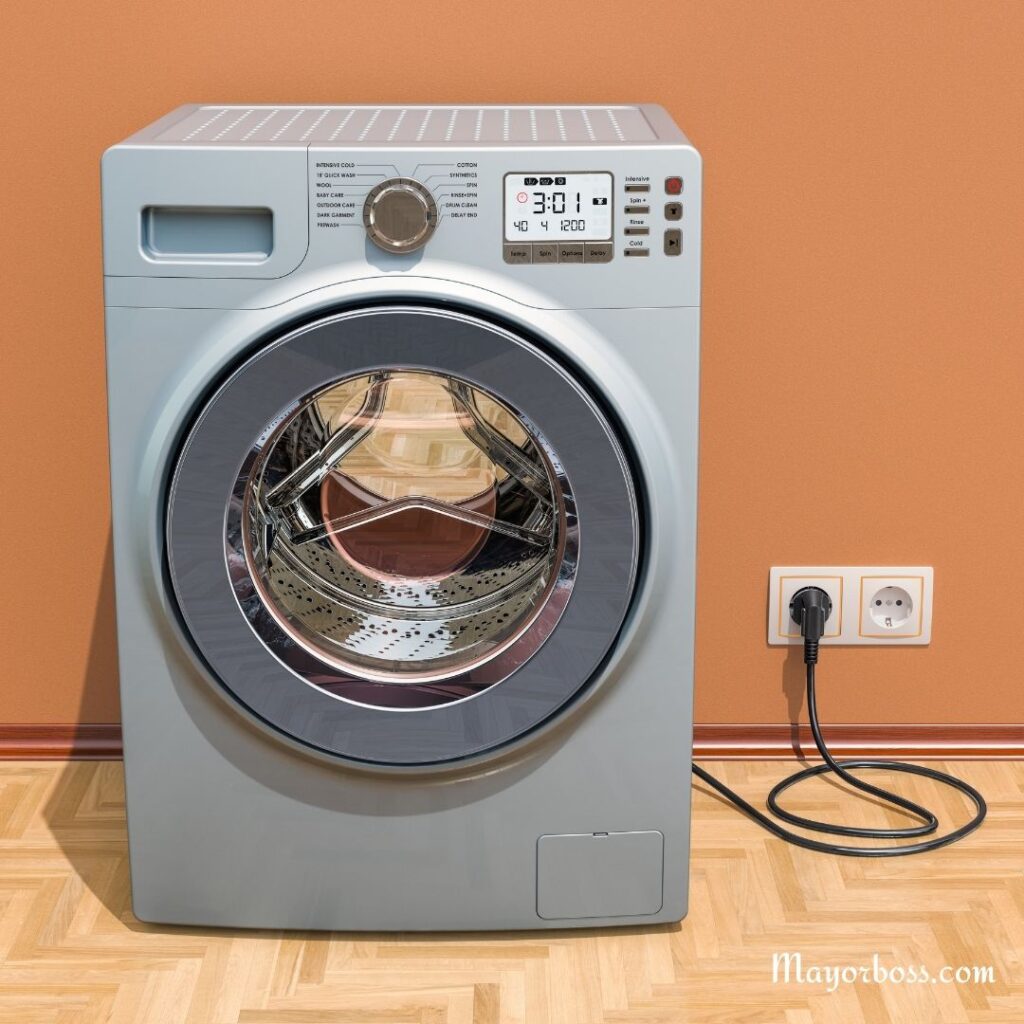
Like the washing machine, your dryer doesn’t need daily unplugging. What matters more is proper maintenance. Cleaning the lint filter after every cycle and checking the vent system regularly lowers the risk of fire far more than unplugging.
Some dryers also have digital controls that rely on being continuously connected to power. If you unplug them daily, you may reset the settings and shorten the life of the cord.
7. Microwave
Microwaves can remain plugged in without issue. While they do use a small amount of electricity in standby mode, the energy draw is minimal. For many people, the convenience of having the microwave ready to use outweighs the tiny energy savings of unplugging.
Just make sure the cord and outlet are in good condition. If you notice sparks, burning smells, or a damaged cord, then it’s time to unplug and call for repair or replacement.
When Should You Unplug Appliances?
Now that we’ve covered which appliances can stay plugged in, it’s important to mention those that should be unplugged. Smaller appliances and electronics are more likely to waste energy or pose fire risks if left connected.
Examples include:
These items can overheat or draw unnecessary power while not in use. Unplugging them when you’re finished is the safer choice.
Tips for Safer Appliance Use
Leaving major appliances plugged in is safe, but you can still take precautions to protect your home:
These habits reduce risks without requiring you to unplug every large appliance daily.
Final Thoughts
Unplugging appliances can help in some situations, but it’s not necessary for everything. Your refrigerator, freezer, oven, dishwasher, washer, dryer, and microwave are all designed to stay plugged in safely.
Instead of unplugging them after every use, focus on regular maintenance, safe outlet use, and keeping cords in good condition. This practical approach saves time while still protecting your home.
FAQs
1. Does unplugging appliances save electricity?
Yes, but mainly with smaller items. Large appliances like refrigerators are meant to stay plugged in and only use power when needed.
2. Is it dangerous to leave appliances plugged in?
Not always. Most large appliances are built for constant connection. The greater risk comes from portable devices and faulty cords.
3. Should I unplug my TV at night?
It’s not required, but it can save a little energy. If you prefer convenience, using a surge protector is a safer option.
4. What appliances should always be unplugged?
Toasters, irons, coffee makers, and portable heaters should be unplugged when not in use.
5. Can frequent unplugging damage appliances?
Yes, constantly unplugging large appliances can wear out plugs and outlets over time. Leaving them connected is usually better.



